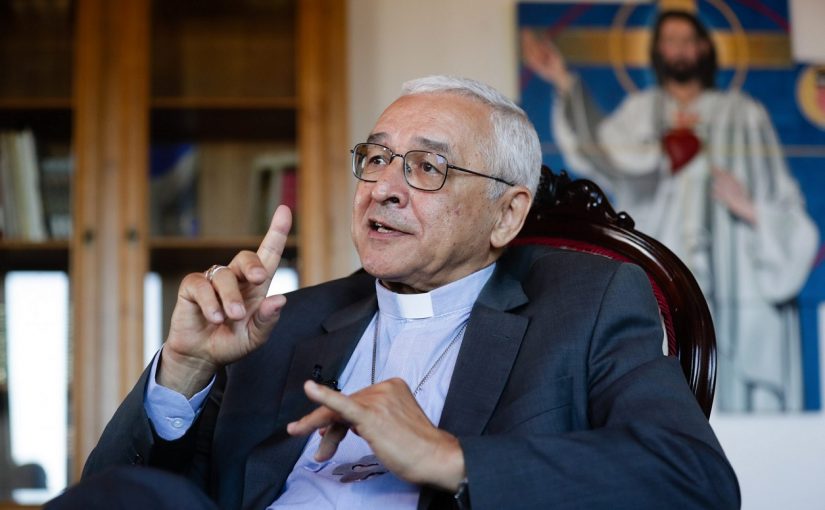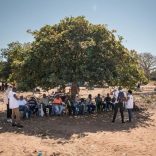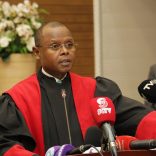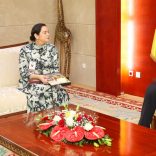Mozambique: UN to build 400 houses for women in Cabo Delgado
Mozambique: Government needs help to solve crisis in north – Portugal bishops

"We unite to seek solutions and it is not only Pemba's problem," José Ornelas, bishop of Setúbal and president of the CEP, said of the violence in the region.
The Portuguese Episcopal Conference (CEP), which governs the Roman Catholic Church in the country, has called on the government of Mozambique and international institutions to work together to find a proper solution to the “serious problems” with violence and the resulting humanitarian crisis in the north of the African country, and neighbouring areas.
“The situation of the Diocese of Pemba was present in the concerns and prayers of this assembly, which expresses its solidarity and calls on the government of Mozambique and international institutions for the proper solution of its serious problems,” states a note from the CEP that was read during the closing news conference of the body’s plenary assembly, in a reference above all to Cabo Delgado province, in northern Mozambique.
“We unite to seek solutions and it is not only Pemba’s problem,” José Ornelas, bishop of Setúbal and president of the CEP, said of the violence in the region. “This is something that was born in Somalia, has passed through Kenya, is going down there to Tanzania and is now in Mozambique. We must not let this situation spread”.
“These are trends that feed on so many components, where the lack of an effective presence of security and means of subsistence leads many people to join these movements as well,” he said.
On the presidential elections in the US, Ornelas expressed the hope that “everything will be resolved in the sense of democracy”. He stressed the need for “a culture of humanisation, but also of openness to the world,” noting that the US is very divided.
“No country, however large, can say that it lives alone,” he said. “If there is one thing this world needs, it is precisely those who have the greatest responsibility to exercise it in order to create harmony at a general level. We have a globalised world: we have globalised the economy, travel and communications, but we have also put up walls and barriers like never before.”
He added that “globalising justice, human rights and welfare systems around the world to care for the planet” was necessary now.
“This has been, specifically in the United States, a very big battle,” he said. “It would be good if, in this great country that has given so much to the world and has so much to give, a consensus of goodwill could be reached to create a better world.”
The United Nations secretary-general, António Guterres, last week said he had been “shocked” by “recent reports of massacres perpetrated by non-state armed groups in several villages in Cabo Delgado province in northern Mozambique, including the beheading and abduction of women and children.”
The armed violence in the region has triggered a humanitarian crisis, with some 2,000 people killed and 435,000 displaced without housing or sufficient food – mainly concentrated in the provincial capital, Pemba.













Leave a Reply
Be the First to Comment!
You must be logged in to post a comment.
You must be logged in to post a comment.